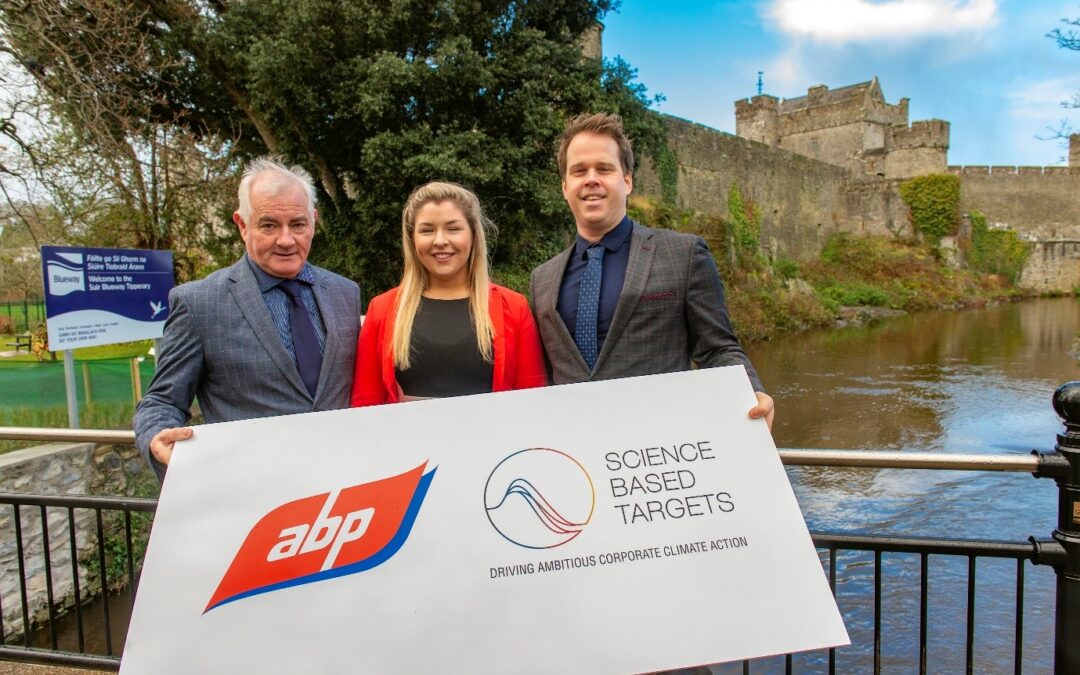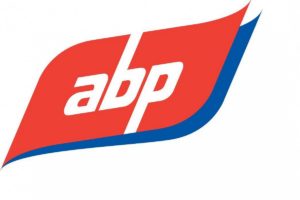John Durkan, Group Environmental and Sustainability Manager at ABP Food Group, talks to us about the importance of water management and quality to the company.
“My role at ABP means ensuring that sustainability is continuously driven across all operations of the business. Water management and quality are essential in order to achieve sustainable beef processing, which is a huge focus for us.
“It has been great to see a collaboration of companies and organisations with a common goal in improving the environmental value to the Tamar catchment.
The Company
ABP is committed to working and supporting British farmers, as it’s their farmers that enable them to provide their customers with some of the best quality meat products in the world, while the company approach aligns with the targets set out by the Tamer group in highlighting the importance of water quality.
It is a fully integrated agri-business, employing 11,000 people in nine countries. The company’s environmental strategy “Doing More with Less” is closely aligned to the UN Sustainable Goals which encompasses the entire supply chain from farms, to processing sites and the end consumer.
Operating across four interdependent divisions: Beef, Renewables, Proteins and Pet Food, the unique structure ensures that all ABP’s products are processed in the most sustainable manner possible with no waste.
The firm receives beef and lamb produce from suppliers who farm in the Tamar catchment area, highlighting the importance of company involvement in this area.
“We are enthusiastic that through the Tamar partnership, we will be able to further develop and engage farmer relationships”, added John. “At ABP, we know it’s the natural environment that ensures the quality of our produce, so we work closely with over 35,000 farmers to protect that advantage, while minimising our environmental impact.”
Sustainability
In the last year, ABP confirmed that its greenhouse gas (GHG) emissions targets had been validated by the Science Based Targets Initiative (SBTi). The new targets include ghg emissions across ABP’s business operations (scope 1 and 2 emissions) and its supply chain (scope 3 emissions).
The validation of the targets clearly maps the carbon reduction journey required by ABP so that the firm can play its part in helping reduce global emissions.
Sustainable farming is an ongoing commitment by the company; sustainable initiatives include Beef Connect and Blade Farming. These are designed to deliver better efficiencies across the beef supply chain to benefit UK producers. The initiative sees companies working together to develop genetics within cattle herds.
Working with Westcountry Rivers Trust and the TWSBB
Speaking about ABP’s membership of the TWSBB, John said: “ABP is delighted to be a member – membership has helped us to fully identify the impact producers of beef and lamb have on water quality levels within the catchment. It allows us to collaborate and share opportunities in order to make improvements that can be circulated with our suppliers.
“Although the group is still at the initial stages of work, we hope with the continued partnership and work planned the TWSBB will be able to make real positive changes in the area.”
John is pictured with colleagues Sinead Nee and Barry O’Donovan showcasing their support of science-based climate action.


